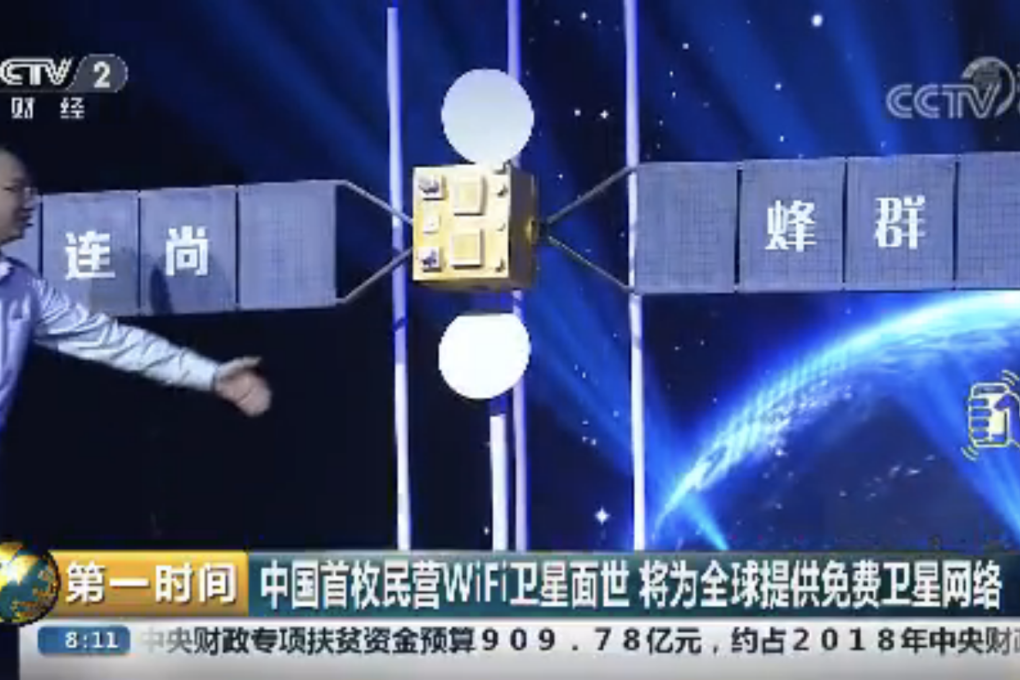This article originally appeared on
ABACUSNovember 30th, 2018: Updated to clarify Google’s projects.
There are still
3.8 billion people in the world who don’t have internet access, and companies have been trying to change that.
Chinese company LinkSure said that it’s planning to invest 3 billion yuan (US$431 million) to launch 272 satellites by 2026, aiming to provide free internet for the entire world. The first, LinkSure No 1, will be launched next year, and the first 10 will be in orbit before 2020, the company claims.
Many see satellite internet -- internet provided by, you guessed it, satellites -- as the solution to getting more people in remote areas onto the web, which the current ground-based cable internet is not able to do because of various landscape challenges. But similar attempts by some of the world’s biggest internet companies have not been very successful.
Google’s parent company
Alphabet ended its Project Loon last year, which attempted to send up solar-powered drones to beam down internet access. A similar project by Facebook, named Aquila, was also
shut down this year after its earlier space initiative using Eutelsat satellites to bring the internet to Africa --
internet.org -- failed in 2016. But both
Facebook and
SpaceX are still trying.
Google
ended Project Titan last year, which attempted to send up solar-powered drones to beam down internet access. A similar project by Facebook, named Aquila, was also
shut down this year after its earlier space initiative using Eutelsat satellites to bring internet to Africa --
internet.org, failed in 2016. But
Facebook is still working on a new internet satellite, and SpaceX is planning a 12,000-satellite constellation. Meanwhile Google's Project Loon wants to bring the internet to rural areas with balloons.
